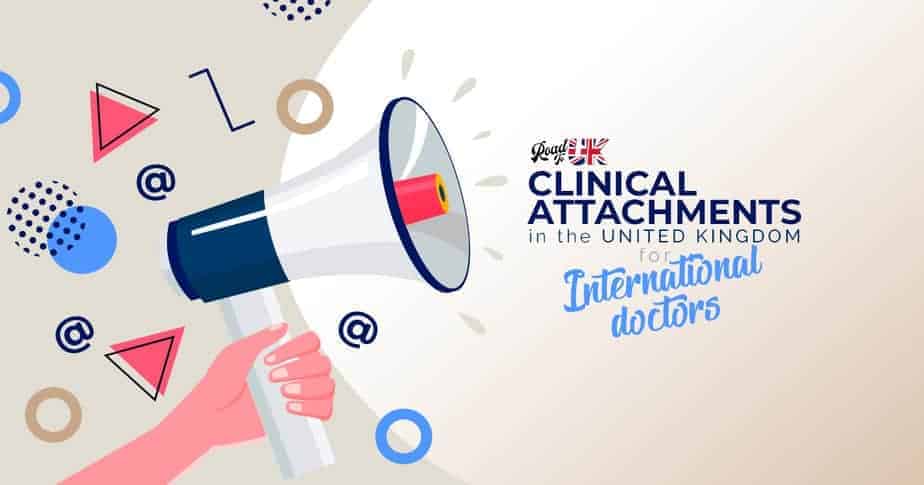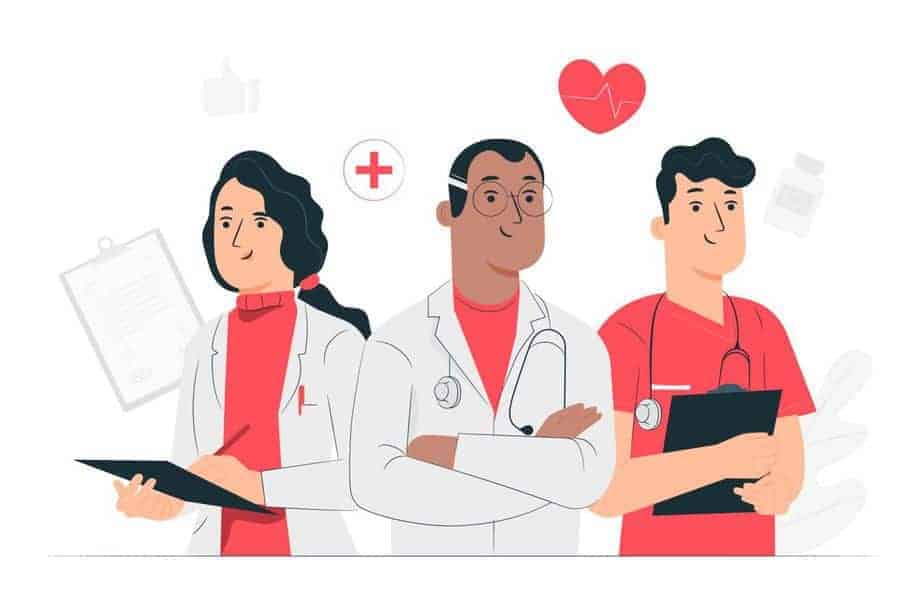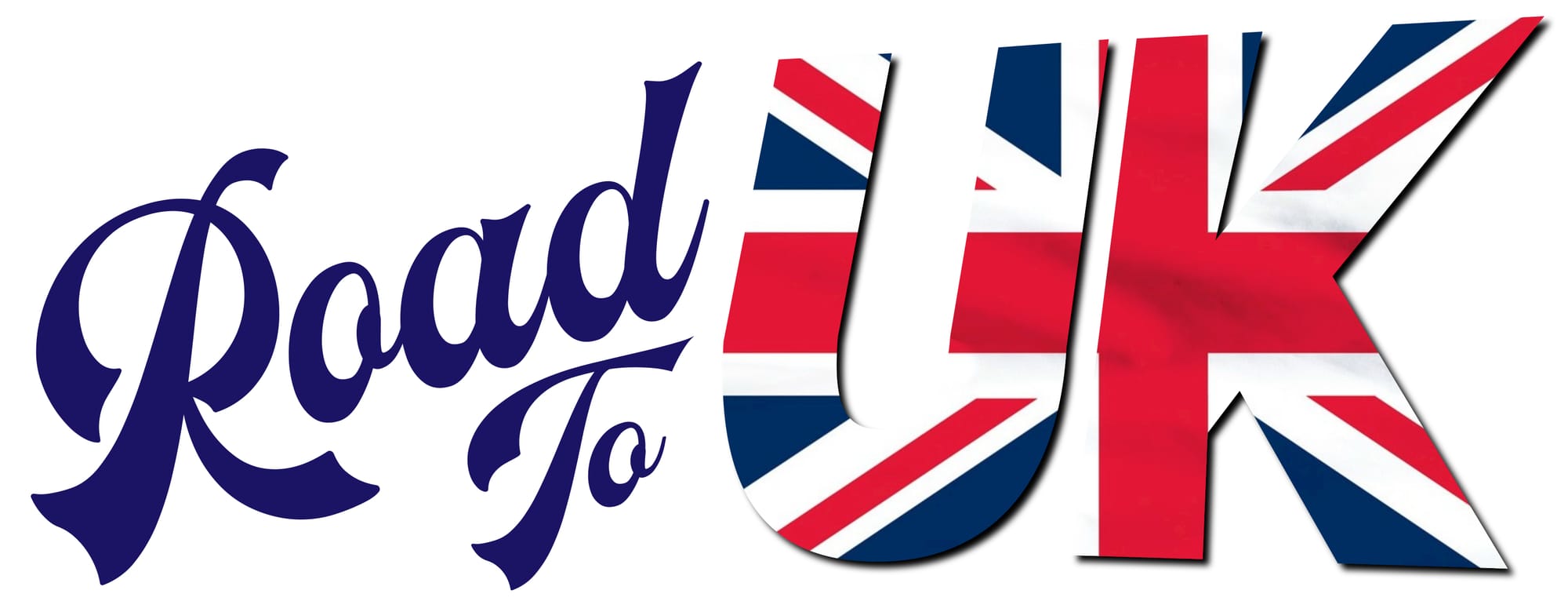How to find a Clinical Attachment in the UK for IMGs

Many of you post-PLAB/UKMLA 2 may be wondering what all you can do to boost your job application so that you can land the job of your dream. And word on the street is that a clinical attachment in the UK could be your saving grace. So, let us discuss in depth what exactly a clinical attachment could entail and how you can go about landing one as an international medical graduate (IMG).
What is a Clinical Attachment in the UK?
A clinical attachment may also go by the name ‘observership’. Essentially what you would be doing is following a team of healthcare staff at a hospital in a department you’d be interested in working in the future. Ideally, this would allow you to understand how that particular specialty or department worked, as well as get an idea of the NHS infrastructure as a whole.
This can also be a good way to get a small refresher on what the medical field is like if you’ve had a significant gap or just feel nervous about starting in the NHS.
A clinical attachment should not be mistaken for shadowing. A shadowing period can be instated when you undertake a new job to help you adjust after speaking to HR/the department head.

Should I do a Clinical Attachment?
This should be a balanced decision made after consideration of your situation and expectations. While many feel that a clinical attachment in the UK is a golden ticket to getting a job, it may not always hold true. A hospital is under no obligation to offer you a post just because you have done an attachment with them.
What could be of use to you is that you can speak to the experience of understanding the NHS and the specialty you are interviewing in to show your willingness and dedication. It may also give you a boost of confidence if you’ve been out of practice for some time.
Free clinical attachments are rare, so keep this in mind as your proceed. At the same time, don’t shell out a great deal of money for an attachment; there is no hard and fast rule that without one you will not get a job.
What can I expect from a Clinical Attachment?
This can vary greatly depending on what you’ve signed up to do. Some hospitals may only allow you to take on ‘observer’ status, especially if you do not yet have GMC registration (most clinical attachments come with the stipulation of having registration, but a few will take on those who have at least passed PLAB/UKMLA 2). Typically, clinical attachments in the UK last from 4-6 weeks.
You can more or less expect to start out with limited responsibilities under the watchful eye of a consultant who may then slowly delegate minor tasks to you as they see fit, such as:
- Clerking (admitting) patients
- Attending ward rounds
- Speaking to patients/taking their history
- Directly observed clinical examination of patients
- Observing surgical procedures
How do I apply for an Attachment as an IMG?
Contact Human Resources (HR)
The easiest way would be to contact the HR of any hospital you’d be interested in pursuing the clinical attachment at.
Email a consultant
If you personally know a consultant in the department you wish to be in, that would make your work easier.
Google!
Just by typing in ‘clinical attachments in UK’ or ‘NHS clinical attachments in <city>’ will get you many results.
Ask a Friend or Colleague
If you know someone who has done an attachment, ask them how they got it. Otherwise, you can post in the Forum for International Doctors in the NHS Facebook group and ask others there.
That being said, here are a few attachments we found online after a quick cursory Google:
- East Sussex NHS Trust
- University Hospitals Coventry and Warwickshire NHS Trust
- Mid and South Essex NHS Foundation Trust
- NHS Greater Glasgow and Clyde
- Chelsea and Westminster NHS Foundation Trust
- Northern Lincolnshire and Goole NHS Foundation Trust
- Torbay and South Devon NHS Foundation Trust
- Dorset County NHS Foundation Trust
- Cardiff and Vale University Health Board
- Liverpool University Hospitals NHS Foundation Trust
- County Durham and Darlington NHS Foundation Trust
- The Leeds Teaching Hospitals NHS Trust
- University Hospitals Southampton NHS Foundation Trust
- Leicestershire Partnership NHS Trust
- The Dudley Group NHS Foundation Trust
- The Royal Free London NHS Foundation Trust
- Gloucestershire Hospitals NHS Foundation Trust
- King's College Hospital NHS Foundation Trust
As we said before, each attachment comes with its own set of stipulations and criteria, so make sure you read every part of the application and know what you are agreeing to.
Please note you will need a valid UK visa in order to undertake a clinical attachment. If you are not already in the UK on one, you can apply for a standard visitor visa for this purpose.
How can I prepare for a Clinical Attachment in the UK?
If you feel your medical knowledge is a little rusty and in need of a tune up, it’s not a bad idea to prepare for your clinical attachment. If you’re fresh out of PLAB 2, you will have a fairly decent idea of what to expect, but we’d also recommend the following books to stay ahead of the curve:
- Oxford Handbook for the Foundation Programme
- Oxford Handbook of Clinical Specialties
- Oxford Handbook of Clinical Diagnosis
- Oxford Handbook of Clinical Medicine
- Macleod’s Clinical Examinations
It’s also a good idea to brush up on common cases seen in the speciality you intend on doing the attachment in, as well as checking out our tips on what to expect on your first day.
Frequently Asked Questions (FAQs)
Will I be paid during my clinical attachment?
No. Clinical attachments are unpaid. Many also come at a cost.
Will the hospital provide me with accommodation during the clinical attachment?
Not necessarily. If the hospital has the means to provide on-site accommodation, they may offer you it, but it will likely also require payment.
Should I prepare a CV to submit?
Some hospitals may ask you to provide a CV in order to proceed with your application. We’d suggest you check out our article on how to make the perfect CV for tips and advice.
What if I have to find my own accommodation?
If the hospital you have secured a clinical attachment at does not offer any sort of accommodation, you will need to find something nearby that is suitable. See some of our suggestions on how to do this in our article on finding accommodation.
Can I get a job without a clinical attachment?
Yes. We did, as have many others. If you’re still unsure how to proceed and would like step by step advice on how to make a strong NHS jobs application, look no further than our playlist on the topic!
Is a clinical attachment important?
That is a subjective question. If you feel it will give you confidence or help you brush up on what you’ve perhaps not done for a long period of time, you may consider doing a clinical attachment in the UK. We just want to emphasize that, unlike in the USA, it is not mandatory to do an attachment in the UK to progress with your career in the NHS.
When should I do a clinical attachment?
The best time would ideally be after passing PLAB/UKMLA 2. If the attachment requires GMC registration, then as soon as you are registered, plan for an attachment. Because there will be a processing time for your application, try to plan for it in advance.
Are there other ways to improve my portfolio?
Definitely! Our free videos on what you can do to make a strong portfolio will cover everything you need to know.
Can I do more than one clinical attachment?
If you want to, and you have the visa duration to allow for it.
If I do a clinical attachment, will the hospital automatically offer me a job?
No. A clinical attachment is not a guarantee that you will be hired. It may help you if there is an opening in the department that you have been doing the attachment at, but there is no surety.
Good luck!

